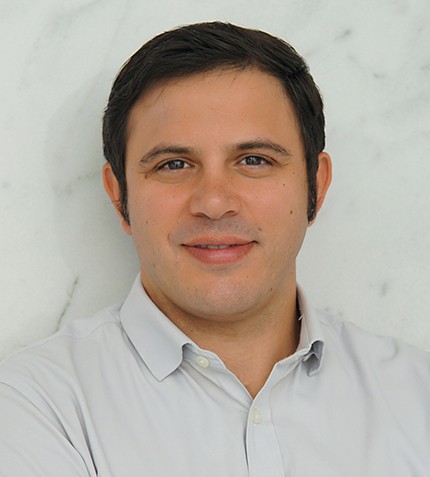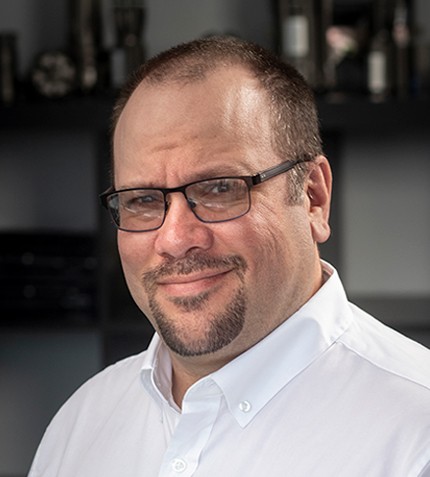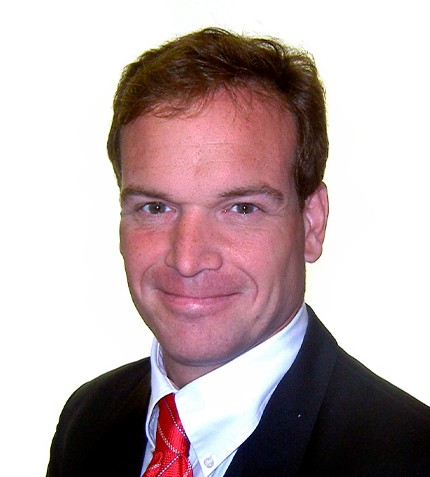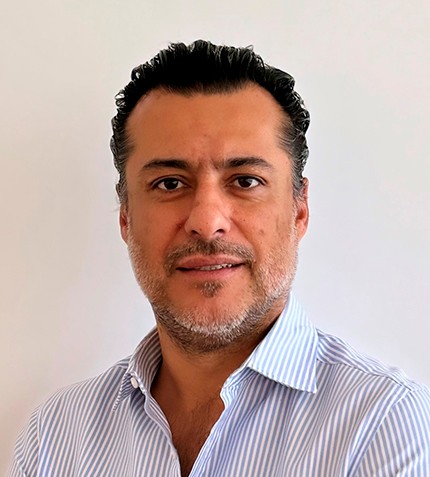
"Veolia has been heavily focused on further developing activities in the mining industry, especially to deliver additional value through byproduct recovery solutions."
Adrien Cerino
MANAGING DIRECTOR, VEOLIA GHANA
Can you give an overview of Veolia Ghana’s footprint in the West African mining industry?
Veolia has been present in Ghana since 2014, mainly working with the mining industry. The company currently has two mining contracts in Ghana on the Obuasi gold mine and the Bogoso mine. We have 125 employees operating 24/7 at the water treatment plants of the mines with two main missions. Firstly, to treat the mining effluents and discharge them in compliance with the Environmental Protection Agency standards. And secondly, to produce drinking water for the people in the mine and some of the surrounding community infrastructures such as the hospital. Veolia has been heavily focused on further developing activities in the mining industry, especially to deliver additional value through byproduct recovery solutions. We also intend to grow our activities in waste and hazardous waste management at mines, including for mercury or other residues without a repository at the operational site. Veolia also began work with West African mines to identify sustainable energy alternatives, such as biomass.
How does your work at Obuasi demonstrate how Veolia brings value to mining operators?
AngloGold Ashanti contracted Veolia in 2019 for water treatment and management services at their Obuasi gold mine. We are responsible for operating and maintaining the six water treatment plants on the mine site. There are three plants to treat mining effluents for environmental discharge, one plant to remove cyanide, arsenic, and other heavy metals, and two plants to produce drinking water for the mine site and surrounding communities.
A common challenge for mines in West Africa is that they are positive water balance mines, meaning that there is a water accumulation on the mine and this excess water must be treated before releasing it into the environment. This water is stored in dams to be treated before it is discharged into the ecosystem in an environmentally compliant manner.
Another challenge is with brine management because the treatment installed in the past involved the use of Reverse Osmosis technologies concentrating the pollution in a brine solution, rather than eliminating it for good. Consequently, the salt concentration increases to the point where it is becoming very difficult to separate clean water from brine water. In turn, this limits the quantity of water that can be discharged and poses a risk to both the environment and the mine operation. Veolia develops smart and cost-effective solutions to turn the impurities into solid salts.
Are you seeing the mining industry put more capital towards sustainability?
There is an increased focus on ESG in the mining industry and Veolia is developing the technologies and solutions to support the industry in their ecological transformation. As investors have more and more focus on ESG, companies are encouraged to implement sustainable solutions and technologies in their operations. Mines are allocating budgets towards sustainable practices, but the challenge is often that these budgets are limited and will often go towards less expensive short-term solutions, such as pollution separation rather than treating the water, whereas implementing long-term sustainable solutions from the start will allow optimizing costs over the mine lifetime.
What is Veolia’s competitive advantage in the water treatment industry?
Veolia develops differentiating solutions to meet the specific needs of our mining clients. Our water and salt management value proposition with by-product recovery opportunities gives the company a great competitive advantage over our peers as this solution enables us to reduce the overall cost of water and salt management for the mines. We have the technologies and experts to develop the most suitable solutions to address the environmental challenges of the mining industry.
Mining is one of the key industrial segments Veolia is targeting in Africa, and we aim to continue to develop our activities and footprint within this sector in Africa. We also target the energy management market to help our clients reduce their carbon footprint. We are looking at biomass-to-energy solutions, especially in Ghana and Cote d'Ivoire which have a significant amount of residual biomass that could be used to produce energy.










